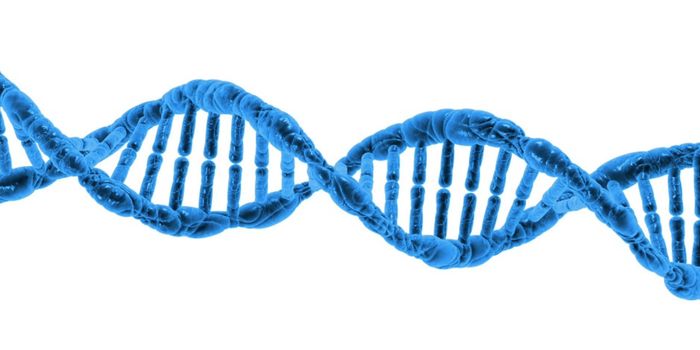Higher Mutation Rates Found in Stressed E. coli
Outside pressures and stresses on organisms are known to cause increased mutation rates in order to aid in survival in varying environments. In particular, scientists have followed mutations in bacteria that cause antibiotic-resistance and creation of superbugs. Yet, how these mutations arise and where the mutations occur is still somewhat unknown.
Mutation rates and types tend to correlate with different mutagenic pressures applied to an organism when exposed to different environments. These biased mutations could potentially influence the evolution of the organism. The history of genetics and Darwinian theory has always postulated that mutations are the ultimate source of genetic variation and are primary influencers in the frequency of evolution. Spontaneous mutation occurs in all organisms but can vary considerably depending on environmental pressures. By studying simple organisms with noticeably higher and easily trackable mutation rates, such as aerobic and anaerobic bacteria, scientists are able to monitor forced evolution based on applied stressors.
Researchers from the Grasslands Research Center in New Zealand have taken an in-depth look into specific mutations that occur when Escherichia coli is put in a stressed anaerobic environment. Oxidative stress is known to increase mutation rate but the researchers were interested in how growth in an anaerobic environment influenced the rate and type of mutations that occur. By investigating the mechanism of mutation, they hoped to obtain a better understanding of how bacteria have been able to evolve and survive in stressful situations.
E.coli were grown under aerobic and anaerobic conditions. This allowed the researchers to examine long-term accumulation of mutations in each set of bacteria to measure the rate and type of mutations occurring. The team used whole genome sequencing to identify the various mutational classes followed by fluctuation assays and differential gene expression.
The findings revealed a two-fold increase in mutation rate in the anaerobically grown bacteria as opposed to the aerobically grown variants. The data demonstrates that structural variation is more prevalent in anaerobically grown cells, and provides insight into the genetic elements that contribute to structural variation and their distribution in the genome.
Cells appear to be more vulnerable to mutations during DNA synthesis because DNA can be more susceptible to damage when it exists in its single-stranded form. It follows that increased mutation rates would occur during this phase of the cell cycle. In support of this hypothesis, several of the genes associated with the base excision repair pathway were significantly up-regulated in cells grown under anaerobic conditions.
The group also discovered an elevated level of insertion sequence (IS) element movement in the anaerobic lines. This suggests that IS elements could play a primary role in creating genetic diversity and contribute to adaptation in changing environments. Overall, the different genetic elements found to play a role in genetic diversification in stressful environments sheds light on potential approaches for antibiotic resistance studies.
Below is a video showing the rapid adaptation and evolution of bacteria grown on agar plates with increasing levels of antibiotic. This video from Harvard University is unrelated to the study but shows a live example of how bacteria adapts to stressful environments.
Sources: PLOS Genetics
-
APR 17, 2024Cannabis Sciences Virtual Event Series 2024
-
APR 30, 2024Immuno-Oncology Virtual Event Series 2024
-
MAY 07, 20243rd International Biosecurity Virtual Symposium
- See More


















































